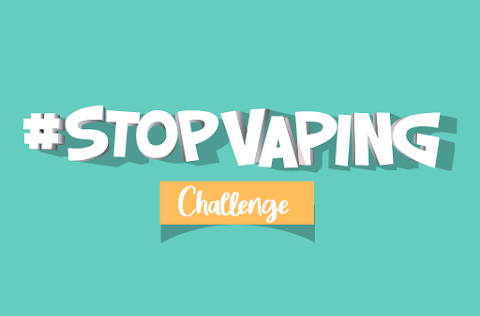Abstract
Objective: Trial testimony from the United States provides a unique opportunity to examine strategies of the American tobacco industry. This paper examines congruence between the arguments for tobacco control policy presented by representatives of the American tobacco industry at trial and the stages of responsibility associated with corporate social responsibility principles in other industries.
Data sources: Trial testimony collected and coded by the Deposition and Trial Testimony Archive (DATTA).
Study selection: All available testimony was gathered from representative senior staff from major tobacco companies: Brown & Williamson, Philip Morris, RJ Reynolds, and Liggett.
Data extraction: Transcripts from each witness selected were collected and imported in text format into WinMax, a qualitative data program. The documents were searched for terms relating to tobacco control policies, and relevant terms were extracted. A hand search of the documents was also conducted by reading through the testimony. Inferred responsibility for various tobacco control policies (health information, second-hand smoking, youth smoking) was coded.
Data synthesis: The level of responsibility for tobacco control policy varied according to the maturity of the issue. For emerging issues, US tobacco company representatives expressed defensiveness while, for more mature issues, such as youth smoking, they showed increased willingness to deal with the issue. This response to social issues is consistent with corporate social responsibility strategies in other industries.
Conclusion: While other industries use corporate social responsibility programmes to address social issues to protect their core business product, the fundamental social issue with tobacco is the product itself. As such, the corporate nature of tobacco companies is a structural obstacle to reducing harm caused by tobacco use.
Author(s): Michael Chaiton, Roberta Ferrence, and Eric LeGresleyDate: November 2006
Type of Publication: Journal Article


 Download directly from your phone’s app store, or through the following links:
Download directly from your phone’s app store, or through the following links: 




